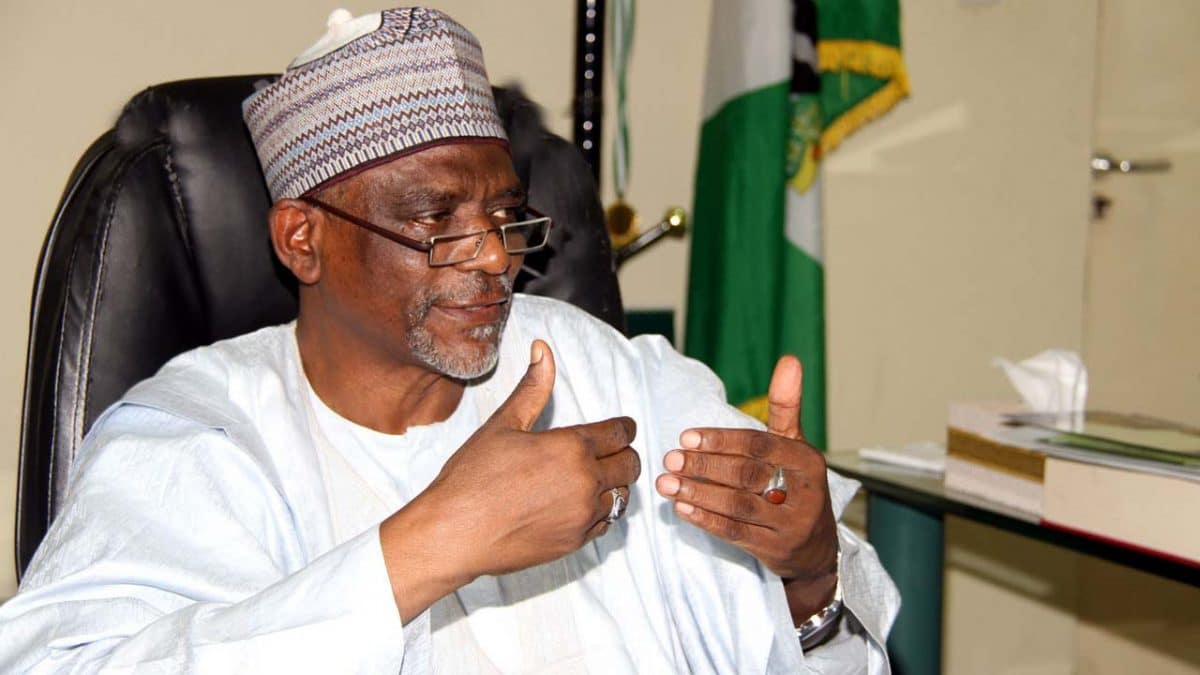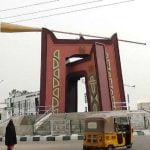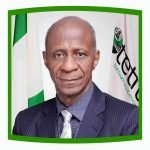Minister of Education, Malam Adamu Adamu, has called on examination and assessment agencies in the country to adopt Information and Computer Technology (ICT) in tackling examination malpractice and build multi-dimensional approach to address the menace.
The minister stated this in Lagos State, while declaring open a one-day national Sensitization workshop tagged: “The Role of Education Stakeholders In Tackling Examination Malpractice in Nigeria” jointly organised by the National Examinations Council (NECO) and the National Assembly.
Represented by the Registrar Joint Admissions and Matriculation Board,Prof. Ishaq Oloyede, Adamu said Nigeria is underdeveloped in tackling issues of examination malpractices.
“Examination malpractice is a major problem affecting the conduct of public exams in Nigeria and let me say that Nigeria is underdeveloped in tackling issues of malpractices in our exams.
“ICT is the way to go in curbing this menace. It has become most critical that we must become creative in adopting ICT devices to protect the sanctity of our examinations across Nigeria,” he said.
The Permanent Secretary of the Federal Ministry of Education, Andrew Adejo, in his keynote address called on the National Assembly to enact laws for sanctions on consequent actions.
According to him, complexities arise following the lost of core values in the Nigerian societies “because we have forgotten our value system, they have collapsed and untill we fix this, it may take a long time before the system recovers. We should look at the ways of correcting our value system.”
He suggested that culprit of examination malpractices must be made to face the law and advocated for conducive learning environment.
Deputy Chairman Senate Committee on Education , Senator Akon Eyakenyi, said the National Assembly frowned at examination malpractice and hoped to tackle it with holistic mind.
“The Committees on Education (Basic & Secondary) is using this opportunity to appeal to stakeholders, particularly to the parents and teachers of the students to sensitize themselves to ensure the spirit of examination malpractice is thoroughly purged out from their lifestyle before sensitizing their children, wards or students as they are in pari delicto (equally at fault) by aiding and abetting these students”
She called on the government to hold private school operators to account while further challenging stakeholders to rise to the task of speaking out and taking informed decisions when and where needed.
“The media community should particularly lend its support to this patriotic fight. It is also my thinking that Monitoring and evaluation should be taken seriously across board in the education sector. Supervision of both our learners and educators at all levels should be stepped up,” she added.
Earlier in his welcome address, the Registrar of the National Examination Council, Prof. Dantani Ibrahim Wushishi, had admitted that major challenge facing conduct of public examinations remains that of examination malpractices.
He also said that the workshop was jointly organised with the National Assembly to address issues of exam malpractices.
He said: “No doubt, examination malpractice has the tendency to discourage hard work among serious students, lower educational standards, discredits certificates, and lead to the production of quacks, thereby affecting the manpower needs of the nation.”
He called for collective responsibility to rid the students of the bad habit of wanting to cut corners.
For the Head of West Africa Examination Council (Nigeria), Patrick Areghan, represented by Dr Amos Dani, said the body had begun the deployment of technology in the fight against exam infractions.
“WAEC has developed a technology called IDP to detect collisions in the objectives segment of our exams other technologies are being currently developed to tackle malpractices in our essay papers,” he said





